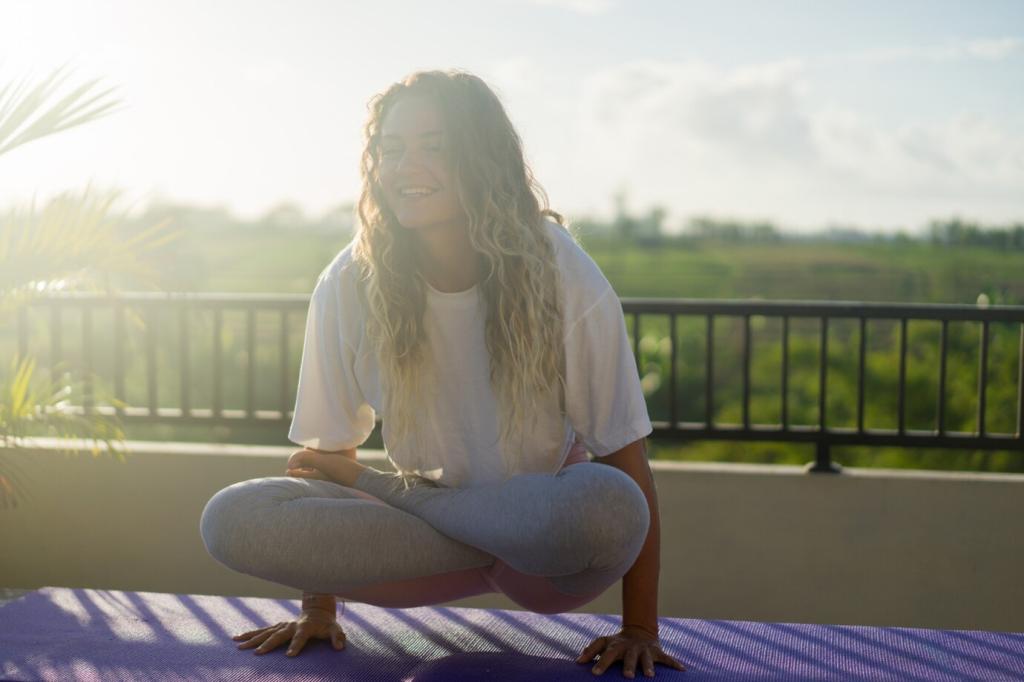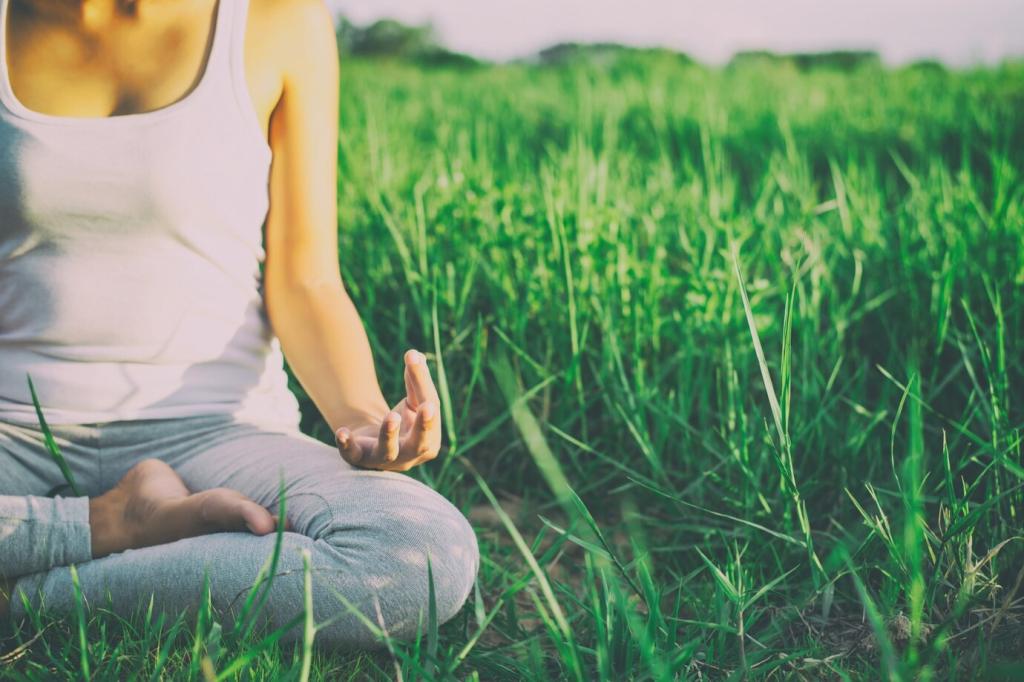Making Meditation a Sustainable Habit
Commit to just two minutes daily, even on difficult mornings. Starting tiny lowers friction, builds trust, and keeps the door open for longer sits when energy allows. What time of day feels most doable for you? Share it and set a low-pressure reminder today.
Making Meditation a Sustainable Habit
Attach meditation to existing habits: after brushing teeth, before opening email, or while the kettle warms. Anchors convert intention into routine. Choose one anchor and repeat it for a week. Comment your chosen anchor so others can borrow or adapt it to their lives.


